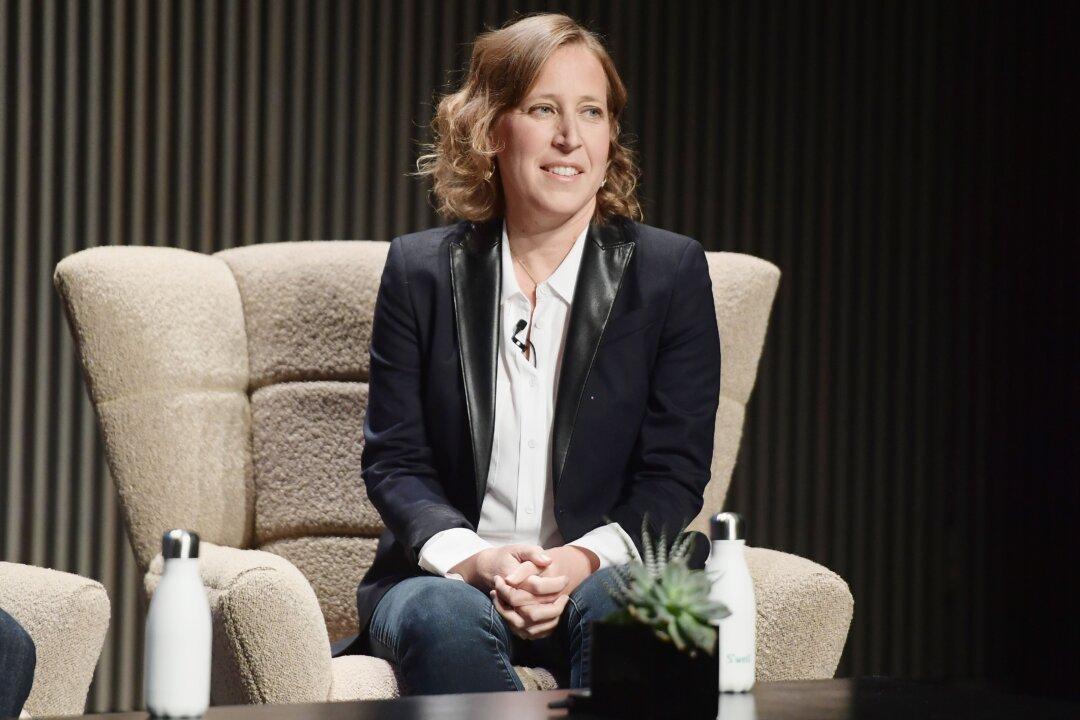In a recent report, CBS News pressed the head of YouTube to intensify censorship of content the report called “questionable,” “controversial,” and “harmful.”
While YouTube has been hammered by a plethora of independent content creators for hamstringing speech on its platform, CBS’s “60 Minutes” correspondent, Lesley Stahl, seemed to come from the opposite direction, questioning why the company doesn’t do more.





